The Personal Airspace of Being Me – Moriya Rosenberg, Israel
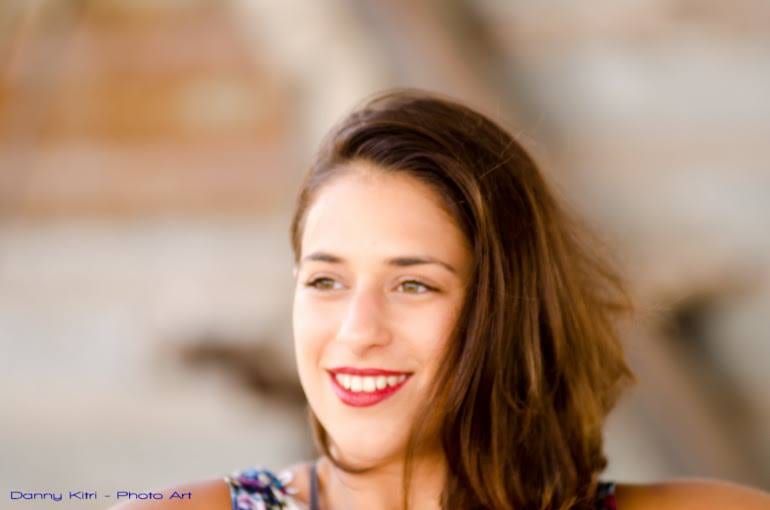 With half-shut eyes I drew the curtains open to find out that the world is covered in a blanket of white. Majestic stillness and a lofty silence, broken only by the sounds of the flowing river outside the window. Amazed, I asked myself how I got to Narnia and when my memory finally woke up I remembered that I flew here with GermanWings.
This morning ceremony of bewilderment repeated itself every single day for the past week as I woke up in Kandersteg Valley in the Swiss mountains above Bern, at a training course for youth workers exploring intercultural education. 30 participants from 12 European and Middle-Eastern countries took part in this seminar which challenged us to explore the construct we call ‘I’, our identity, and how it influences our interaction with other ‘I’s. How as youth workers we can influence the young generation of today’s global village to rise beyond the fear of the unknown, see through the labels, and celebrate both the odd and common threads that connect us all as a human family.
It is no news that stereotypes rule the world. We clever homo-sapiens think in categories, compartmentalizing everything and everyone we come across in order to make sense of this complex thing that is our life. The way in which we categorize is determined heavily by our identity, a construct already predetermined at our arbitrary (or not?) time and place of birth.
In the words of Palestinian singer-songwriter Mira Awad:
With half-shut eyes I drew the curtains open to find out that the world is covered in a blanket of white. Majestic stillness and a lofty silence, broken only by the sounds of the flowing river outside the window. Amazed, I asked myself how I got to Narnia and when my memory finally woke up I remembered that I flew here with GermanWings.
This morning ceremony of bewilderment repeated itself every single day for the past week as I woke up in Kandersteg Valley in the Swiss mountains above Bern, at a training course for youth workers exploring intercultural education. 30 participants from 12 European and Middle-Eastern countries took part in this seminar which challenged us to explore the construct we call ‘I’, our identity, and how it influences our interaction with other ‘I’s. How as youth workers we can influence the young generation of today’s global village to rise beyond the fear of the unknown, see through the labels, and celebrate both the odd and common threads that connect us all as a human family.
It is no news that stereotypes rule the world. We clever homo-sapiens think in categories, compartmentalizing everything and everyone we come across in order to make sense of this complex thing that is our life. The way in which we categorize is determined heavily by our identity, a construct already predetermined at our arbitrary (or not?) time and place of birth.
In the words of Palestinian singer-songwriter Mira Awad:
“We became who we are
due to random circumstance
You could have been me
I could have been you
We are the same probability waiting to happen.”
Parents, culture, ethnic background, nation (to name a few) – those become our personal story and go on define the ways in which we see and conduct our lives, cross paths and interact with other characters in the greater narrative of creation. For a week long seminar in Narnia – Um, Switzerland – I began discovering just how much of ‘me’ was given attributes, and what parts were a result of conscious choices to go beyond the random circumstance. The status-quo box exists and shapes us on deep and subconscious levels. At times it serves as a positive force that brings us together but in other times the messages are rooted in fear and so tear us apart. And though the box may be transparent it is firm and convincing, built from the most durable material of tradition, history and sometimes propaganda. It is able to withstand the harshest storms of globalization. So we can spend our lives as birds separated by the golden cages we were born in, flying within the clear borders of our safe space, eating whatever grains we’re fed, spitting out the obvious, asking no questions. It’s easy. Predictable. Cozy. …But honestly, wouldn’t you prefer to choose who you are? To risk the comfort zone for boundless airspace? As human beings we were given the gift of imagination and conceptual thought no other animal has received from the game master. We were simply not made to be clones of the stereotype, and we are not. It’s easy to see it with ourselves, so very different from even our own parents and siblings. And even there we have more to explore. But when we look at a member of the ‘outgroup’ – how often do we pause to consider their potential for individual thought? How often do we fall in the trap of prejudice (an auto-pilot mechanism probably programmed in our head to save us in ancient times)… and how often is our mind truly open for the endless realm of possibility one human being encompasses? Since my return from the soft snow to the race called reality, I have been observing my internal talk about strangers on the street and honestly stereotyping is my default as well. And it may take time and effort to reprogram my head to change the lens and truly see the human potential in its fullest, but I’m sure it’s damn worth it. Because living in fear of the unknown is not only unfair to the unknown, it’s also paralyzing. And living the misconception that people (us and others) are clones of the stereotype is worse than unfair, it serves the system that wants us separate and lonely in our cages. Defending our stories and airspace one cage against the other when really, we are all trapped in the hegemony of separation. We all came here to fly, unbound by random circumstance. So why let them bind us? The full poem by Mira Awad: You are born somewhere on this planet you learn a language you hear a story you internalize a narrative you relate to it you defend it you live for it sometimes you are ready to die for it If you were born on the other side of the planet you would have learned a different language you would have heard another story internalized a narrative related to it defended it lived for it and maybe even died Doesn’t it make you think? We became who we are due to random circumstance You could have been me I could have been you We are the same probability waiting to happen. Mira Awad, October 2014
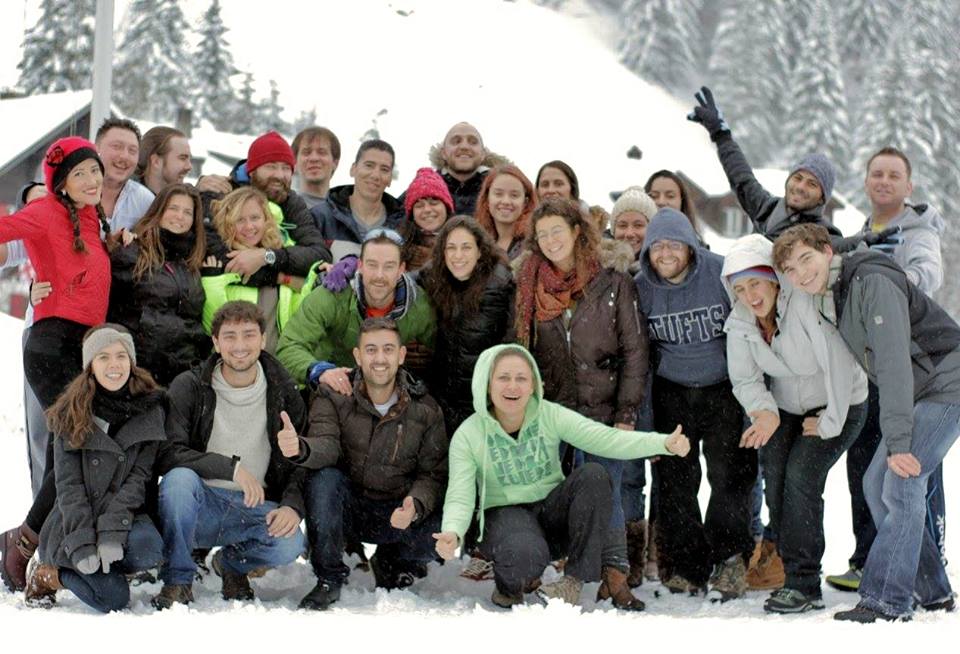
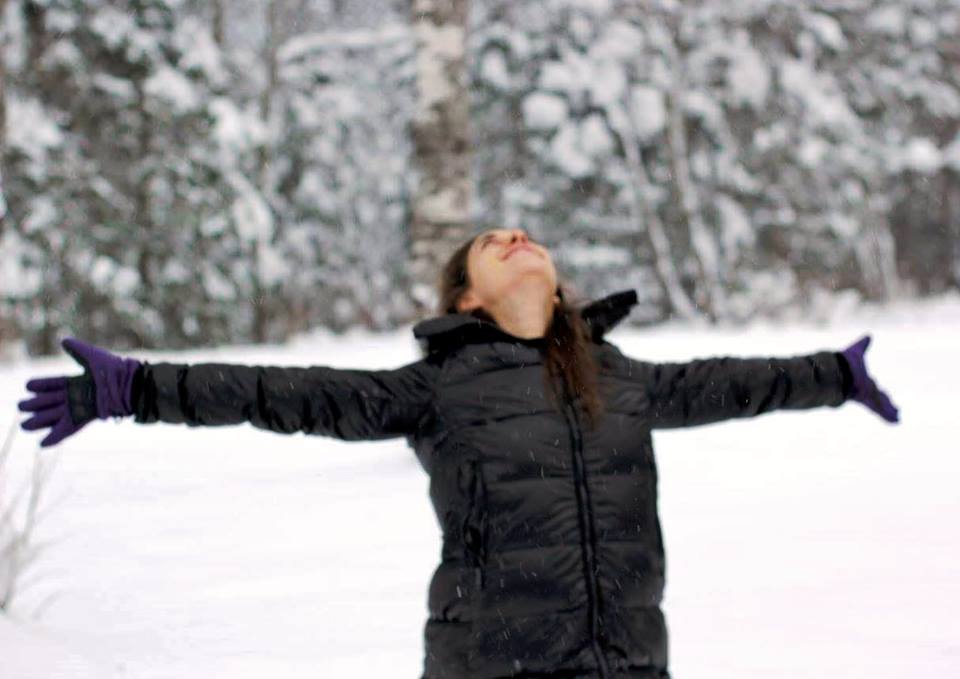
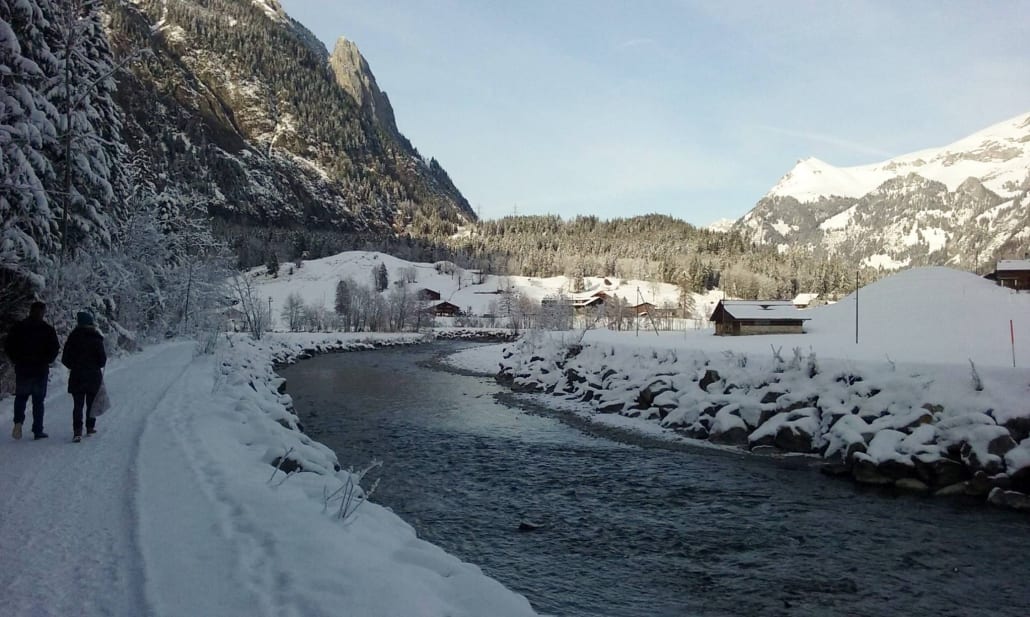
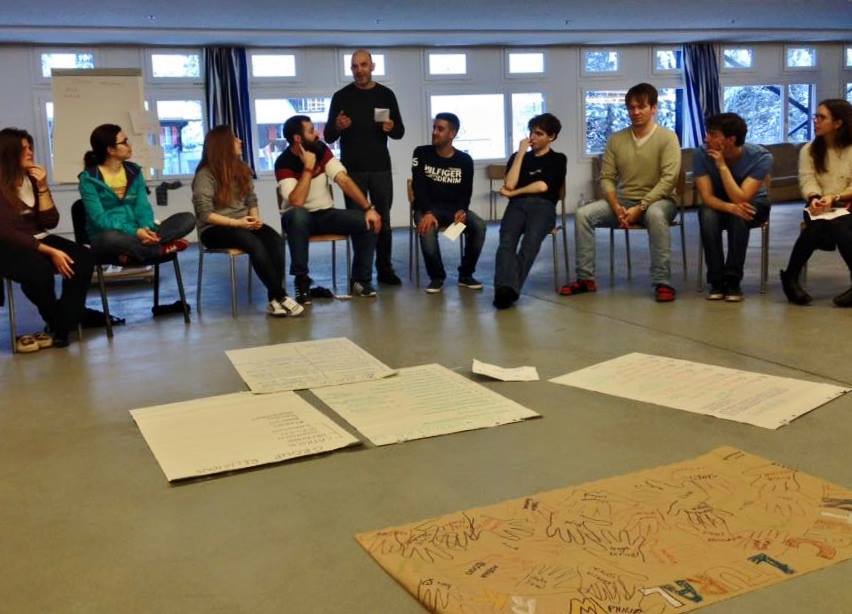

Leave a Comment
Want to join the discussion? Feel free to contribute!